Ensuring Maritime Safety: Exploring Marine Fender Inspection in Nigeria with Wigmore Trading
Ensuring Maritime Safety: Exploring Marine Fender Inspection in Nigeria with Wigmore Trading
Welcome aboard, maritime enthusiasts and safety advocates! Today, we set sail on an exciting journey to explore the vital realm of marine fender inspection in Nigeria. Join us as we dive deep into the world of maritime safety with Wigmore Trading, a leading provider of innovative solutions for ship protection. Get ready to uncover the crucial role played by marine fenders in safeguarding ports and vessels from collisions and damages. From understanding inspection techniques to embracing cutting-edge technology, this blog post will navigate you through the fascinating landscape of ensuring maritime safety in Nigeria. So batten down the hatches, secure your lifejackets, and let’s embark on this gripping adventure together!
Introduction to the importance of maritime safety and the role of marine fenders
Introduction to the Importance of Maritime Safety and the Role of Marine Fenders
Maritime safety is of utmost importance in the shipping industry, as it ensures the protection of human lives, property, and the marine environment. The term maritime safety refers to measures taken to prevent accidents, incidents, or any other form of harm that may occur at sea. As a country with a significant coastal area and a booming maritime sector, Nigeria recognizes the crucial role of maritime safety in maintaining its economic growth and development.
One essential aspect of ensuring maritime safety is through the use of marine fenders. These are devices placed on ships or port structures to absorb kinetic energy during berthing operations. The primary function of marine fenders is to protect vessels and ports from damage caused by collisions or impacts during docking or mooring.
The proper installation and maintenance of marine fenders play a vital role in preventing accidents such as ship collisions, which can result in severe consequences such as oil spills or even sinking. In addition, marine fenders also protect port facilities from damage caused by vessels during berthing operations.
The responsibility for maintaining maritime safety falls on various stakeholders, including ship owners, port operators, and regulatory bodies such as the Nigerian Maritime Administration and Safety Agency (NIMASA). It is crucial for all these parties to understand the critical role that marine fenders play in promoting safe navigation practices.
Wigmore Trading recognizes this importance and has been at the forefront in providing high-quality marine fender systems to ensure maximum protection for vessels and port infrastructures. With over 20 years of experience in supplying products for industrial sectors such as oil & gas, construction, transportation, Wigmore Trading understands the unique needs of Nigerian maritime industry.
Through our partnership with top manufacturers worldwide, we offer a wide range of durable marine fender solutions suitable for different types of ports and vessels. Our team works closely with clients to assess their specific requirements and provide customized solutions that meet international standards and regulations.
Maritime safety is crucial for the sustainable growth of the shipping industry in Nigeria. The proper use of marine fenders plays a significant role in promoting safe navigation practices and protecting vessels, ports, and the environment from potential harm. At Wigmore Trading, we are committed to providing top-quality marine fender solutions and contributing to the enhancement of maritime safety in Nigeria.
Overview of Wigmore Trading and their expertise in marine fender inspection
Overview of Wigmore Trading and their expertise in marine fender inspection
Wigmore Trading is a reputable company based in Nigeria that specializes in providing high-quality products and services for the maritime industry. With over 20 years of experience, Wigmore Trading has established itself as a leading provider of marine fenders, as well as other essential equipment for ports and harbors.
One of the key areas of expertise for Wigmore Trading is marine fender inspection. Marine fenders are crucial components in ensuring the safe docking and berthing of vessels at ports and harbors. These rubber or foam-based devices act as shock absorbers to protect both the vessel and the dock from potential damage caused by impact or collision.
Wigmore Trading understands the critical role that marine fenders play in maintaining maritime safety, which is why they offer comprehensive inspection services to ensure that these devices are functioning effectively. Their team consists of highly trained professionals who have extensive knowledge and experience in various types of marine fenders.
The inspection process begins with a visual assessment, where the condition of each fender is carefully examined for any signs of wear and tear. This includes checking for cracks, tears, or any other visible damage that may affect its performance. Next, specialized equipment such as ultrasonic thickness gauges are used to measure the thickness of the rubber or foam material to determine if it meets safety standards.
In addition to visual inspections and thickness testing, Wigmore Trading also conducts rigorous pressure tests on each fender. This involves inflating them to their maximum capacity while monitoring for any air leaks or loss in pressure. This test ensures that the fenders can withstand high levels of impact without losing their shape or functionality.
Once all inspections are completed, a detailed report is generated with recommendations for any necessary repairs or replacements. If repairs are needed, Wigmore Trading has skilled technicians who can carry out these services efficiently using high-quality materials to ensure long-lasting results.
With their expertise in marine fender inspection, Wigmore Trading is committed to enhancing maritime safety and protecting the valuable assets of ports and harbors in Nigeria. Their dedication to providing top-notch services has earned them a reputation as a trusted partner in the maritime industry.
Understanding the process of marine fender inspection and its importance in ensuring safety
Marine fenders are an essential component of any port facility or vessel, providing a crucial barrier between the ship and the dock or other structures. They act as a buffer to absorb energy and prevent damage in case of impact, such as during docking or mooring operations. However, like any other equipment, marine fenders require regular maintenance and inspection to ensure their effectiveness and reliability.
The process of marine fender inspection involves thorough examination of all components of the fender system, including the body, end fittings, chains, anchor bolts, and fasteners. This is usually done by trained professionals using specialized tools and equipment. During the inspection, various factors are evaluated to determine the condition of the fender system.
One important factor that is assessed is physical damage to the fender body. This may include cracks, tears, abrasions or punctures caused by wear and tear over time or due to external forces such as collisions with vessels. Any signs of damage should be taken seriously as they can compromise the structural integrity of the fender and lead to failure during critical operations.
The condition of end fittings is also scrutinized during an inspection. These include steel panels or plates at either end of a cylindrical rubber unit that provide attachment points for securing chains or ropes. If found damaged or corroded beyond repair, these fittings must be replaced immediately to ensure proper functioning of the fender.
Chains are another important element in a fender system that requires careful examination during inspection. These chains provide stability to floating type marine fenders by anchoring them securely in place. The inspector will check for any signs of corrosion on these chains which can weaken them over time and affect their ability to support the weight of vessels.
In addition to physical inspection, routine testing may also be conducted on certain types of marine fenders such as pneumatic rubber ones. This involves pressurizing them with air or water up to specific levels while checking for any leaks or deformities. This is crucial in ensuring the fender’s ability to withstand impact and absorb energy effectively.
The importance of regular marine fender inspection cannot be overstated. A well-maintained fender system ensures safe docking and mooring operations, protecting both vessels and port facilities from costly damages. Neglecting fender maintenance can result in unexpected failures, leading to accidents, delays, and potential environmental hazards.
Understanding the process of marine fender inspection and its importance in ensuring safety is vital for all stakeholders involved in maritime operations. By regularly inspecting and maintaining these crucial components, we can ensure the safety of our ports and vessels while promoting efficient trade and commerce.
Common issues that can arise with marine fenders and how they can be prevented or fixed through proper inspection
Marine fenders are crucial components in ensuring the safety and protection of vessels, ports, and other marine structures. They serve as a barrier between the vessel and the dock or other structures to absorb energy and prevent damage during mooring operations. However, like any equipment, marine fenders can experience issues that may compromise their effectiveness. In this section, we will discuss some common problems that can arise with marine fenders and how they can be prevented or fixed through proper inspection.
One of the most common issues with marine fenders is wear and tear. Over time, constant contact with vessels and harsh marine environments can cause fender panels to deteriorate. This can result in reduced performance and potential failure during mooring operations. To prevent this problem, it is essential to conduct regular inspections to identify any signs of wear such as cracks, tears, or bulges on the surface of the fender.
Improper installation is another issue that can affect the performance of marine fenders. If not installed correctly, fender units may not align properly with each other or may be subjected to uneven loading from vessels during mooring operations. This can lead to premature wear and even structural failure in extreme cases. To avoid this problem, it is crucial to follow manufacturer guidelines for installation procedures carefully.
Another potential issue with marine fenders is over-compression due to excessive pressure from berthing ships. Over-compressed fender units lose their ability to absorb impact energy effectively and put extra strain on adjoining units which could result in damage or failure of adjacent panels. Regular inspections should be carried out to monitor compression levels and ensure that they are within acceptable limits.
Inadequate maintenance practices also contribute significantly to problems encountered with marine fenders. Failure to clean or remove debris from around the units can accelerate corrosion due to trapped moisture build-up while neglecting minor damages could lead them into becoming major issues later on.
To address these common problems effectively, it is crucial to conduct regular inspections and implement a proactive maintenance program. Inspections should be carried out by trained personnel using appropriate equipment such as non-destructive testing (NDT) tools to detect any hidden damages or defects. Any issues detected during inspections should be addressed promptly through proper repairs or replacements.
Regular inspections and maintenance are vital in preventing and addressing common issues that can arise with marine fenders. By identifying potential problems early on, implementing appropriate solutions, and following manufacturer guidelines for installation and maintenance, we can ensure the effectiveness of marine fenders in ensuring maritime safety in Nigeria.
Case study: Real-life example of a successful marine fender inspection conducted by Wigmore Trading in Nigeria
Introduction to Wigmore Trading’s Marine Fender Inspection Services
Wigmore Trading is a leading provider of maritime safety solutions in Nigeria, offering a wide range of services including marine fender inspection. With years of experience in the industry, the company has established itself as a trusted name among port authorities and ship owners for its high-quality and reliable services.
In this section, we will discuss a real-life example of a successful marine fender inspection conducted by Wigmore Trading at one of the busiest ports in Nigeria.
Case Study: Marine Fender Inspection at Lagos Port
Lagos Port is one of the largest and busiest ports in Nigeria, handling over 80% of the country’s imports and exports. Due to its constant use, it was vital for the port authorities to ensure that all its equipment, including marine fenders, were regularly inspected and maintained to guarantee safe operations.
The Challenge:
The port authorities were facing challenges with their current fender system, as there were frequent complaints from ships docking at the port about damages caused by the fenders. This not only resulted in delays but also posed significant safety risks for both ships and dock workers. The port authorities realized that they needed to conduct a thorough inspection of their existing fenders to address these issues.
The Solution:
After careful consideration and evaluation of various service providers, Wigmore Trading was selected to conduct a comprehensive marine fender inspection at Lagos Port. Our team comprises highly skilled engineers with extensive knowledge and expertise in different types of marine fenders.
The Process:
We began our inspection process by conducting visual checks on all marine fenders installed at the port. We examined each component closely for any visible signs of wear or damage such as cracks, tears or corrosion. Our team also used advanced non-destructive testing techniques like ultrasonic thickness measurement (UTM) and magnetic particle testing (MPT) to detect any internal defects that could not be seen through visual checks.
Based on the results of our inspection, we recommended the replacement of several fender components that were found to be severely damaged or worn out. We also suggested upgrading the existing pneumatic fenders with more durable and high-performance foam-filled fenders.
The Outcome:
Our recommendations were promptly implemented by the port authorities, resulting in significant improvements in dock safety and reducing delays caused by malfunctioning fenders. The upgraded foam-filled fenders have a longer lifespan and require lesser maintenance, resulting in cost savings for the port authorities in the long run.
Conclusion
The success story of Lagos Port is a testament to Wigmore Trading’s commitment to ensuring maritime safety through our marine fender inspection services. With our expertise and advanced techniques, we can identify potential issues before they become major problems, thus preventing accidents and ensuring smooth operations at ports across Nigeria. Trust Wigmore Trading for all your marine safety needs – because when it comes to your business, safety always comes first!
Benefits of regular marine fender inspections
Regular marine fender inspections are crucial for maintaining the safety and efficiency of maritime operations. Fenders serve as a critical barrier between vessels and berths, protecting both from damage. As such, it is essential to ensure that these fenders are in optimal condition at all times to prevent any potential accidents or disruptions.
In this section, we will explore the various benefits of conducting regular marine fender inspections and highlight why they should be an integral part of every maritime operation.
1. Ensures Safety: The primary benefit of regular marine fender inspections is ensuring the safety of personnel, vessels, and infrastructure. By thoroughly inspecting fenders on a routine basis, any potential defects or damages can be identified and addressed promptly before they escalate into more significant issues. This proactive approach significantly reduces the risk of accidents or collisions during vessel docking.
2. Extends Fender Lifespan: Marine fenders are constantly exposed to harsh environmental conditions such as waves, tides, and weather elements. Over time, this exposure can cause wear and tear on the fenders, compromising their effectiveness in protecting vessels and berths. Regular inspections enable early detection of any signs of degradation or deterioration, allowing for timely maintenance or replacement. This not only ensures the continued safety but also extends the lifespan of fenders.
3. Cost Savings: Conducting regular marine fender inspections can save significant costs in the long run by preventing major repairs or replacements due to neglected maintenance issues. It is much more cost-effective to identify small problems early on rather than dealing with larger ones that may require extensive repairs or even complete replacements.
4. Compliance with Regulations: Maritime authorities have strict regulations in place regarding vessel berthing procedures and safety measures that must be adhered to at all times. Regular marine fender inspections help ensure compliance with these regulations by identifying any potential violations in advance so that corrective actions can be taken promptly.
5. Improves Operational Efficiency: Frequent fender inspections can also improve the overall efficiency of maritime operations. By maintaining fenders in optimal condition, vessels can dock and undock smoothly, reducing turnaround times and increasing productivity.
Regular marine fender inspections are crucial for ensuring safety, extending fender lifespan, cost savings, compliance with regulations, and improving operational efficiency. It is a proactive approach that not only prevents accidents but also enhances the overall performance of maritime operations. Therefore, it is essential for maritime companies to prioritize regular fender inspections as a vital part of their maintenance routine.


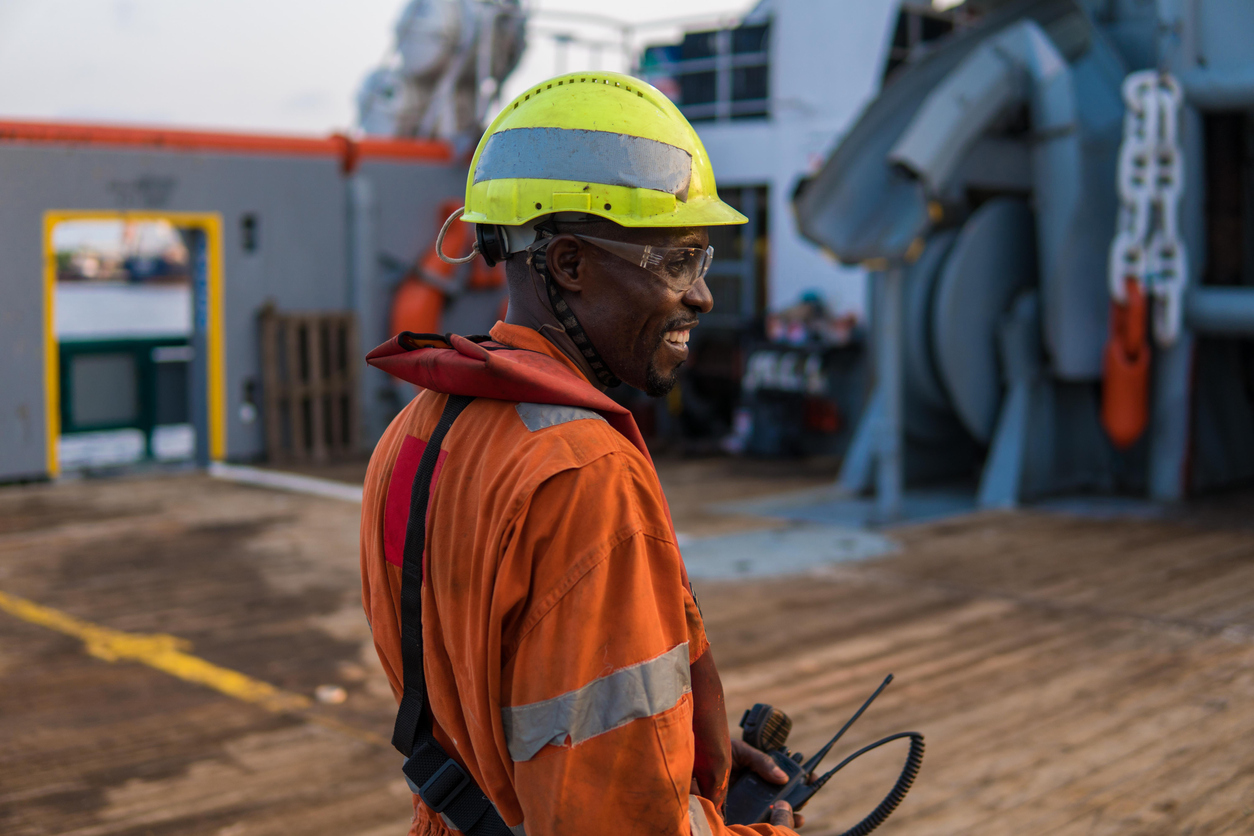
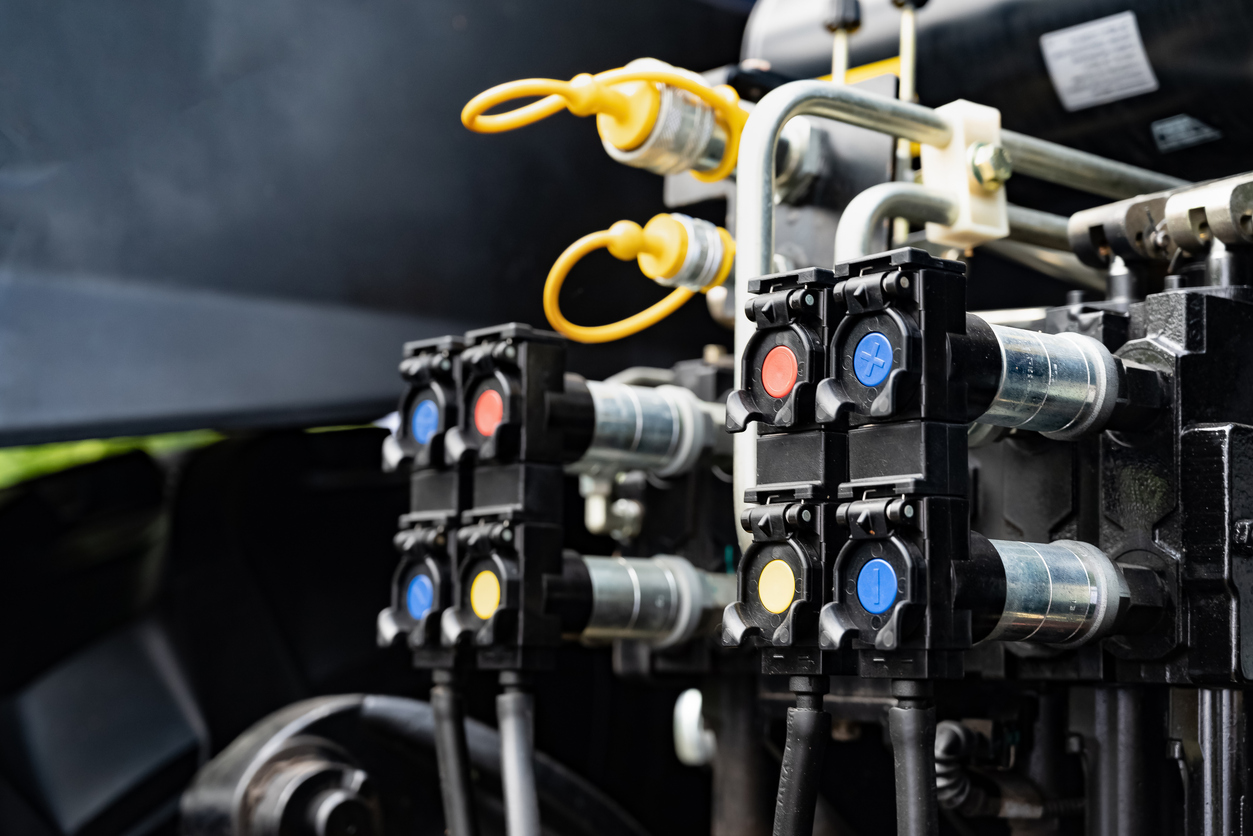
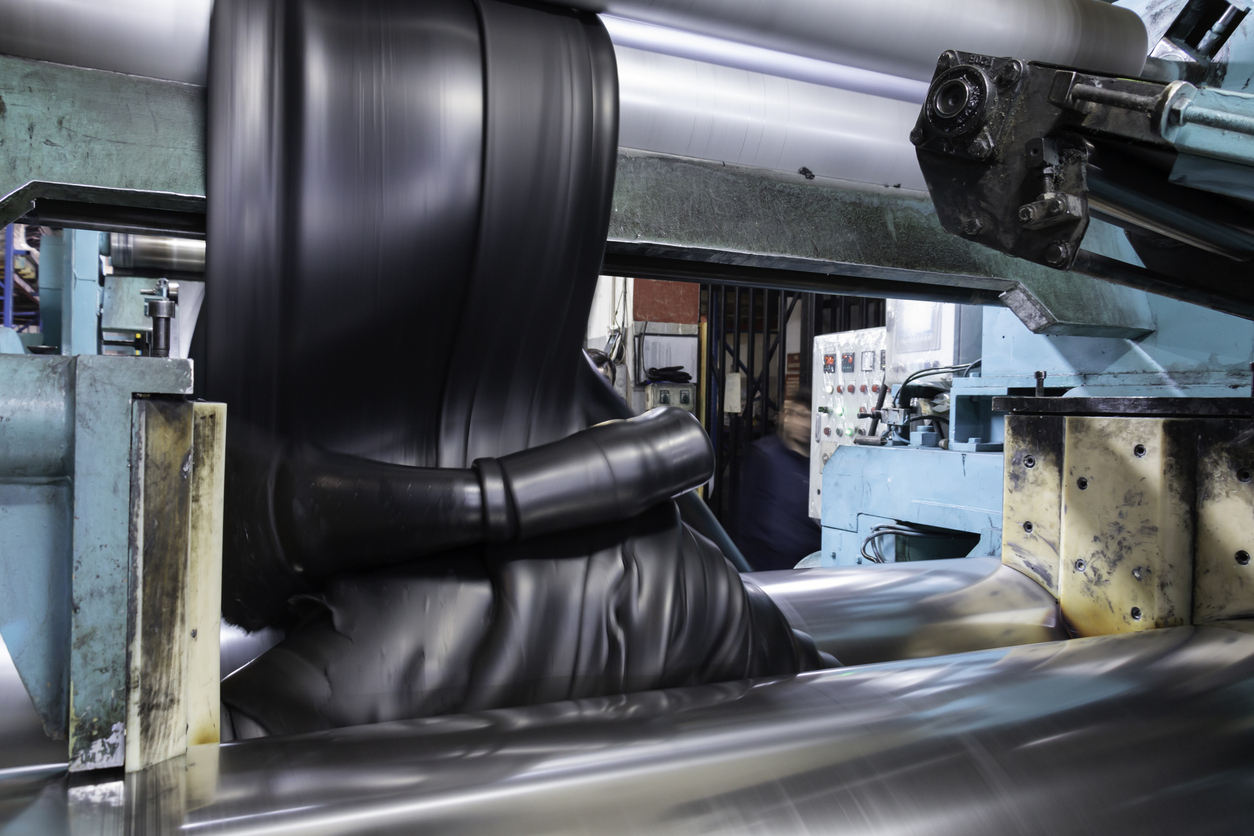
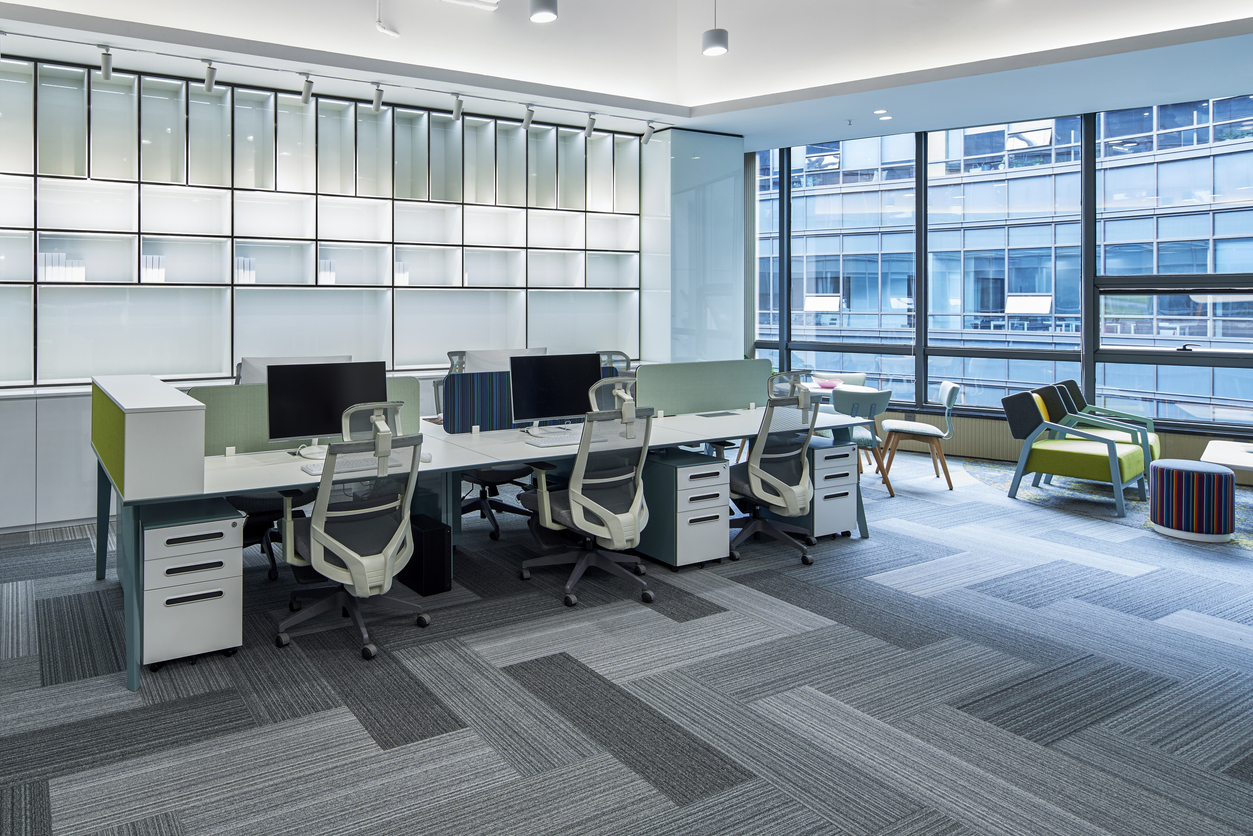

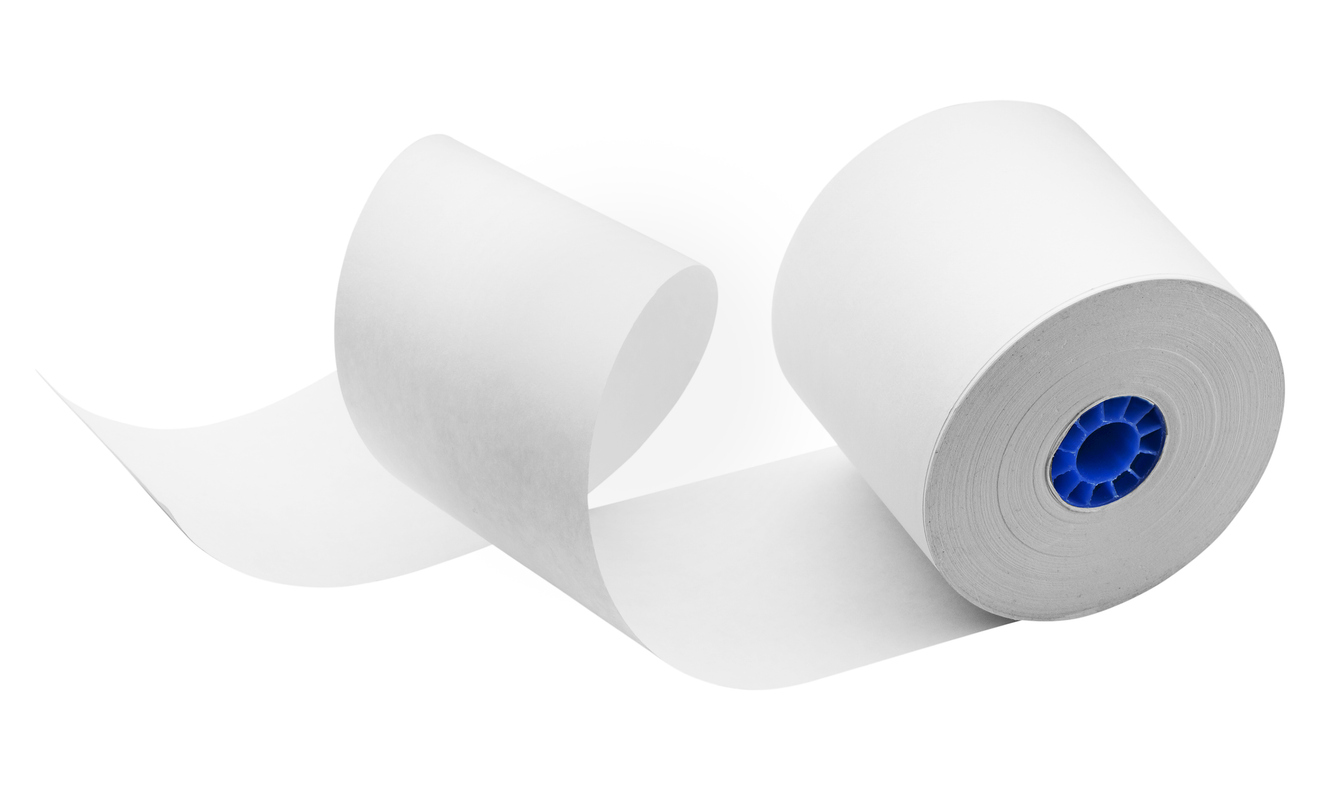
Comments are closed.